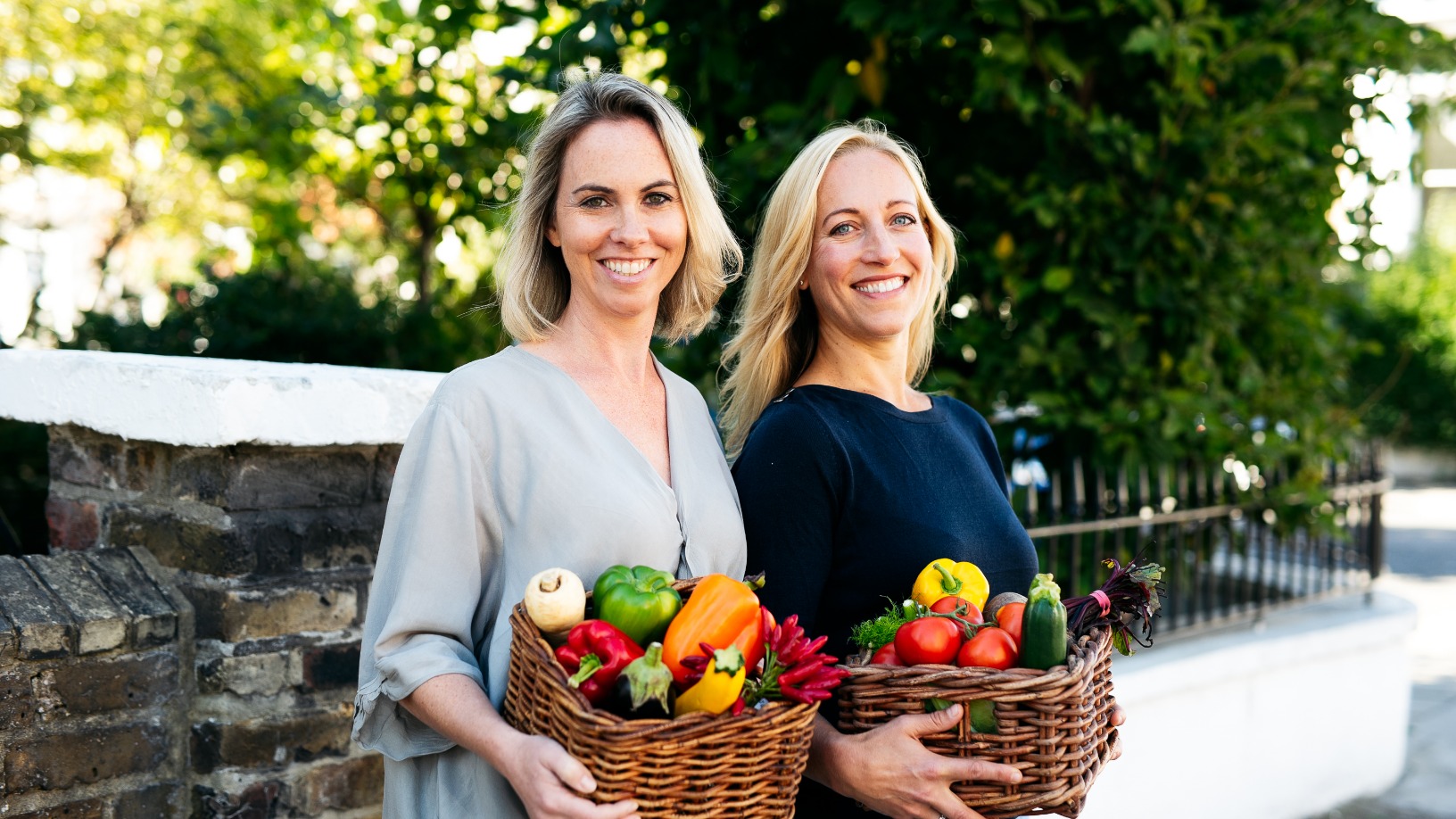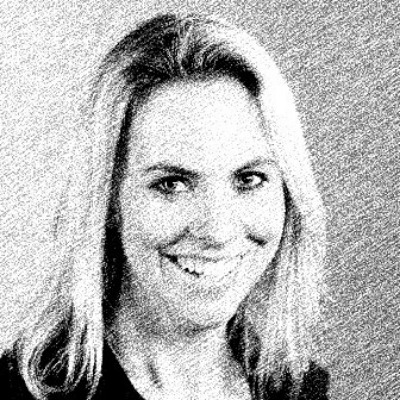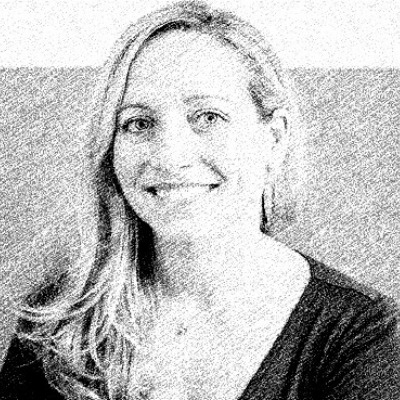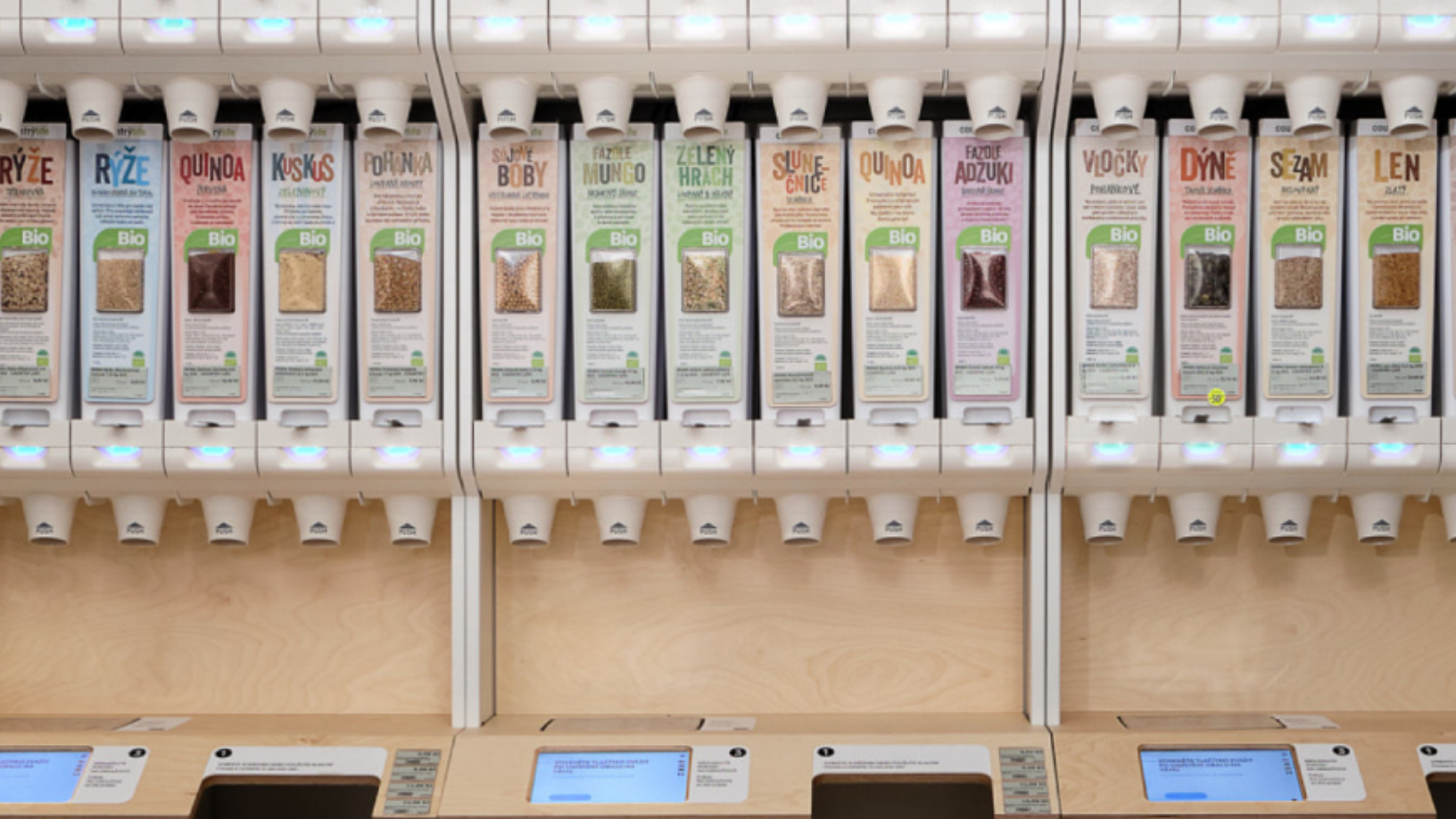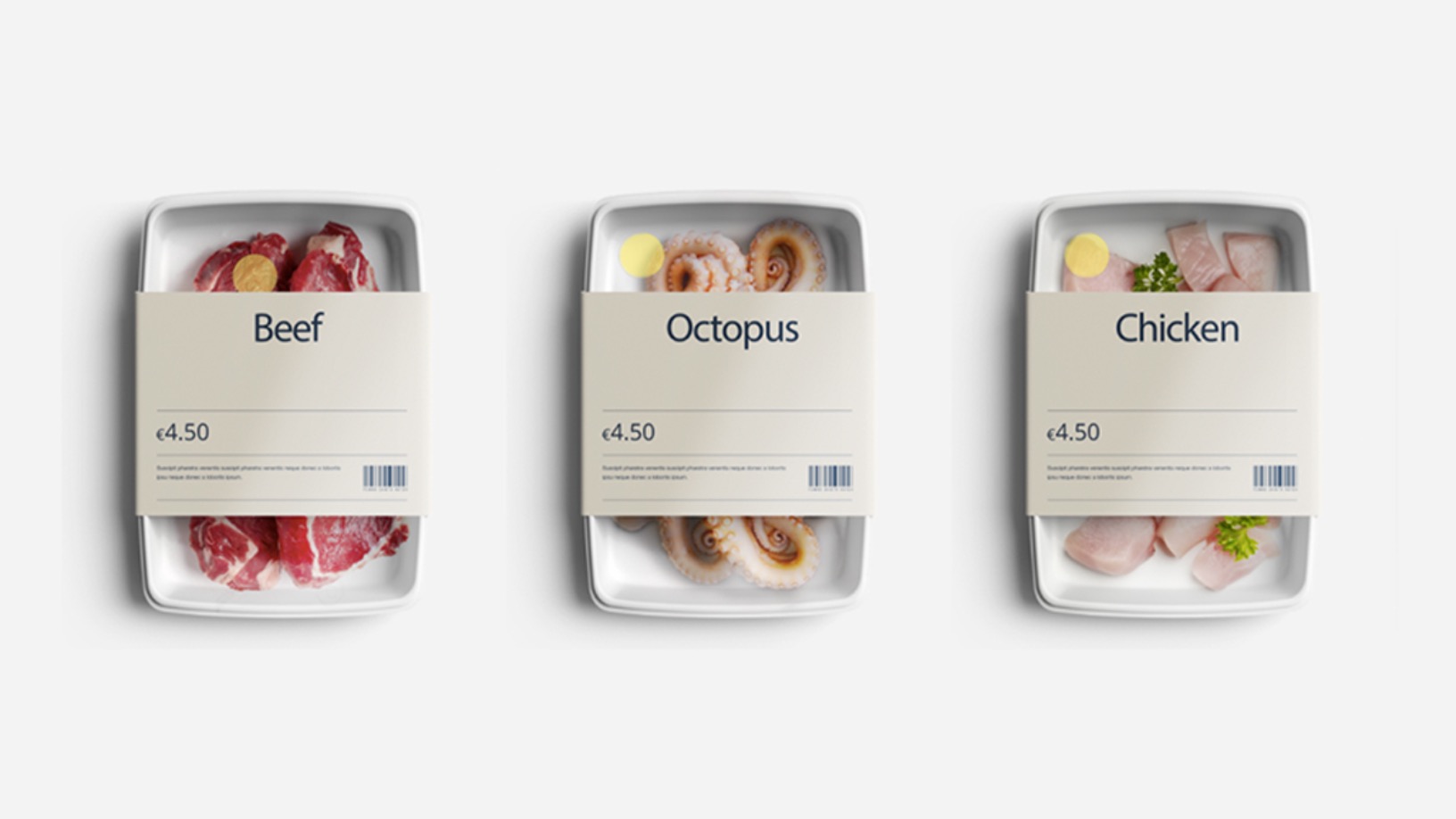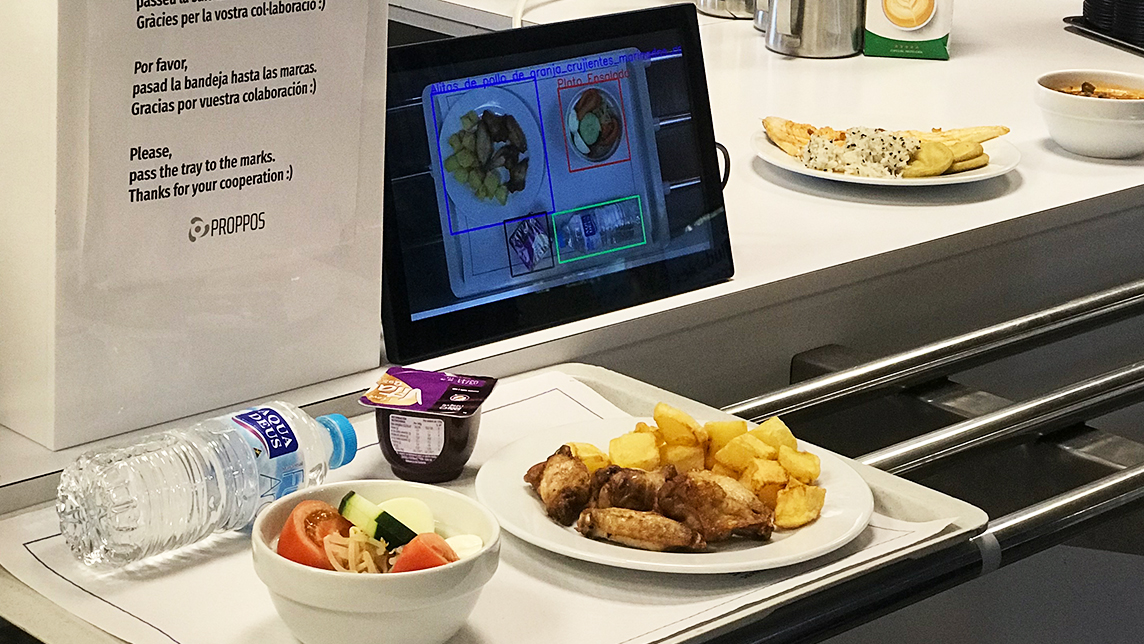London-based OLIO started life with an attention-grabbing offer in 2015 – free food for users and zero waste for businesses by giving away unsold food before their sell-by dates. The free app also helps neighbors to share, swap or give away surplus food within minutes. Today, OLIO’s 5m users are helping local communities to reduce food waste in over 50 countries.
The food-sharing pioneer also aims to expand its “Food Waste Heroes” hyperlocal redistribution program, currently run by over 30,000 volunteers who collect the surplus food from retailers and deliver them to local pick-up locations. OLIO employs about 50 full-time staff and earns revenue from product listings by corporate partners like supermarket chain Tesco with over 2,700 outlets, upmarket department store Selfridges, catering giant Compass Group and franchise brands like Costa Coffee and Pret a Manger.
Coming from a Yorkshire dairy farming family, CEO Tessa Clarke developed OLIO in 2015 with American co-founder Saasha Celestial-One as COO in North London. Since then, OLIO has helped thousands of neighbors to share more than 27m portions of food. The app features have now been extended to include non-food products like household goods, with over 3m items given away via OLIO. It is estimated that the environmental benefits achieved are equivalent to taking 80m car miles (128m km) off the road, or saving over 4bn liters of water.
The fast-growing digital marketplace recently secured $43m in September’s Series B funding round led by Swedish VNV Global and New York hedge fund Lugard Road Capital. Existing investors joining the round included UK’s Accel and Octopus Ventures, Dutch impact investor Rubio Impact Ventures, tech entrepreneur Jason Stockwood and British media entrepreneur and politician Lord Waheed Alli. The VC-arm of Berlin-based Delivery Hero, DX Ventures became a new strategic investment partner for OLIO’s international expansion.
With total funding now exceeding $50m, OLIO has so far been growing organically, driven by local community networks and campaigns. Clarke, a Stanford and Cambridge university alumna, shared her startup experience and future plans for the company in an interview with CompassList.
This Q&A has been edited for length and clarity.
We always hear about environmental problems like plastic waste and carbon emissions, but how big a problem is food waste?
An enormous problem. Just to give you an idea, here are just a few shocking statistics. Over one-third of all food produced globally goes to waste, an annual value of $1tn and weighs 1.3bn tons; and all the world’s nearly 1bn hungry people could be fed on less than a quarter of the food that is wasted in the US, UK and Europe.
To put this into perspective with other issues, Project Drawdown (a collaboration by several hundred of the world's leading climate change scientists) released data on the top solutions to the climate crisis. Number one is reducing food waste – above electric cars, solar power and a plant-based diet.
If you look at it with your investment lens on, when comparing how much investment has gone into food waste versus electric cars, solar power and plant-based diets, it is a rounding error. So, hopefully, our latest investment round was a bit of a harbinger of what is to come in terms of investment into this space.
Where is most of this waste occurring? With the consumer, producer or retailer?
It depends in which countries, but broadly – and I hate the terminology – in developing countries. Most of it happens in the supply chain and it tends to be food loss much more than food waste. In the developed countries, it's the absolute opposite. So, in the UK, half of all food waste takes place in the home; 2% of all food waste takes place at a retail store level; 8% is through hospitality and leisure; and a third of waste is produced in the manufacturing and distribution process.
It's a really common misconception that 99 out of 100 people assume food waste takes place at the supermarket. When you tell them: “No, we're half the problem and they're just 2%,” they struggle to get their heads around it. But it's simple math: 28m households in the UK throwing away roughly 20% of their weekly shopping, in contrast to the 10,000 to 15,000 retail stores that are throwing away half a percentage point.
What made you decide to set up OLIO?
My parents had a dairy farm in North Yorkshire and I grew up with the firm belief that food is meant to be eaten, not thrown away. So, I was quite upset that I had to throw away unused food and groceries from my apartment in Switzerland when I packing up to move back to the UK in December 2014. That was when the idea for a food-sharing app was born. I told some friends and family about it, but they thought I was crazy. In February 2015, I talked to my co-founder Saasha, her eyes immediately lit up and we just knew that we had to work together to bring this app to life!
Where did the name OLIO come from?
OLIO means a miscellaneous collection, or a hodgepodge of things; which, if you look in the app, that is indeed what you'll see. It's also a traditional Mediterranean stew. And stew is a dish that you would make to prevent food waste, often from all the leftovers. We also really sort of love the sound of the word and the two O’s, which we felt was very emblematic of the sharing community and the planet.
How did your previous experiences in consulting, publishing and management help you when building the startup?
I started off at a FTSE 100 company, and then with each move, worked for a smaller and smaller organization. OLIO is the first time I'd ever worked at an early-stage startup, which was when both Saasha and I were in our late 30s. I think that having that depth of corporate experience has been incredibly helpful, because I know what mistakes not to make in the foundations as we're building them.
I think that seeing the life cycle of different organizations has helped inform how we build and scale OLIO. In order to succeed at the early stage, you've also got to be deeply practical and resourceful. So, in the earliest days, I would have to debate every investment of over £10, which is obviously laughable when you think that I was running budgets with tens of millions previously. So, it is a complete mindset shift. But we consulted the Lean Startup right at the very beginning, and that very much informed our way of thinking of building the business.
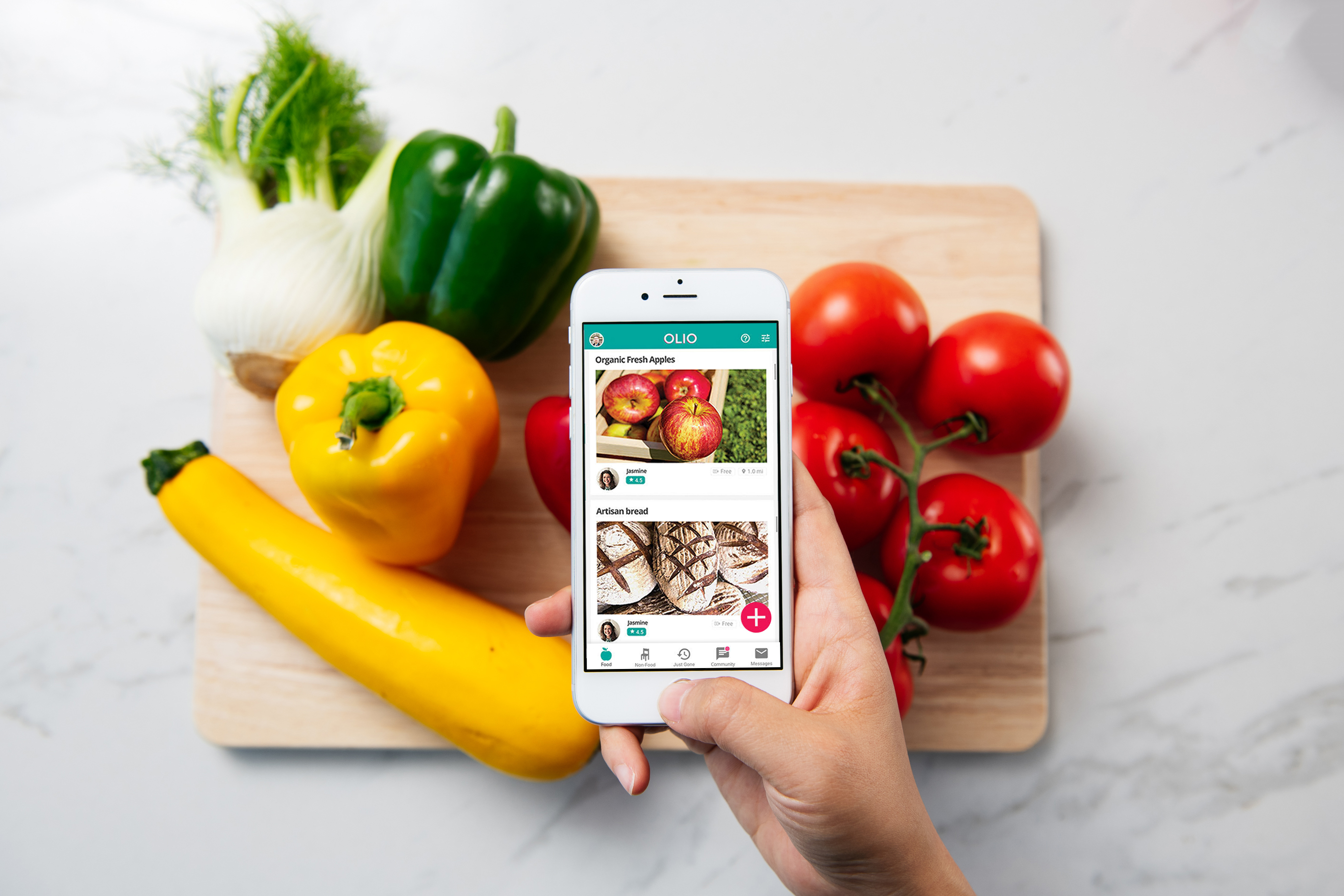
How long did it take to develop the app? How has the technology and functionality of the app changed since its launch?
Very, very fast. We incorporated the company on February 9, 2015 and exactly five months later, we launched the first version of the app in the App Store. It was just myself and Saasha, and then we worked with an agency that gave us half-price day rates in exchange for a small equity stake in the company. Saasha and I invested our life savings to get that first version of the app built.
The first version was extremely limited, built on Ionic that was only available on the iPhone; and you could only use it to give away food. Whereas today, we're now on a React native app available in Google Play, too, and our proposition is much broader. We're no longer a food waste app, we're a community sustainability app.
What that means is that you can use OLIO to give away surplus food, but also other household items as well. In a month or two's time, we're going to be launching BORROW, which connects neighbors to lend and borrow household items. We've also launched MADE, which is a section that connects neighbors to buy and sell homemade food and handmade crafts. Everything is about hyperlocal sustainable living.
You can filter the app's results to see the stuff that’s nearest to you, or to see the stuff that's been recently added. Because half of all the food added to the app is requested in less than 21 minutes, we don't need to show what is shortly going to expire because it's requested way before it does. So, it's an extremely efficient way of redistributing surplus food because the demand is so strong.
Can you give us some statistics about your users, in terms of geography and reason for use?
Currently, half of our community uses OLIO to do both donating and sourcing for food. Roughly 30% request only and 20% are only donating. Because this is all hyperlocal, there’s no logistics involved. In fact, 60% of all the sharing takes place within a 10-minute walk. Thanks to our ambassador program, we've now got over 50,000 people all over the world, reaching out to spread the word about OLIO in their local communities. We give them posters, letters and flyers to help them evangelize all over the world.
Actually 20% of all the sharing on OLIO is taking place outside the UK. Someone who is passionate in their own community will tell their neighbors about it and get everyone on board. We have really active sharing communities in Mexico, Singapore, New Zealand; in fact, in 59 countries so far.
We also have 30,000 trained volunteers in our Food Waste Heroes program, people recruited from our community and trained online in our food safety management system. Then we match them with their local supermarkets, cafes, bakeries and delis. On their allotted times, they will go and collect the unsold food from the local businesses and add them to the app and then let the users pick it up.
How did you get to 5m users and continue to expand so rapidly?
Firstly, we don't have any competition besides the rubbish bin! Our two main sources of growth have been our ambassador program and really investing in building our social media presence across all the channels. We've got roughly half a million followers.
Then, also thanks to our Food Waste Heroes and three years’ work with Tesco, we could really begin scaling up across all of Tesco's store portfolio which drove word-of-mouth and is the single biggest driver for growth. When we got the injection of free Tesco food coming onto the app in towns and villages all over the country last year, that really helped do that. It does take a long time to convince major corporates to work with you. Obviously, now that we are much more proven, our sales cycles are getting shorter and shorter.
Also, through last year, we had an explosive leap in growth because of Covid. A lot of people had a step-change in terms of how they thought about waste, in particular, and being cooped up at home, people wanted to declutter. People, who are now living and working near home, want to connect with the local community in a way that they never have before.
Besides your upcoming launches, what does the near future hold for OLIO?
We had amazing growth through last year and that repeated growth is continuing. We're going to be further investing in the Food Waste Heroes program because there's a race to achieve net-zero, and to fulfill ESG requirements. So, businesses are now clamoring to work with us.
We're going to be investing in internationalization, focusing on 10 key markets in Latin America, northern Europe and Asia, where the app has seen very strong organic growth. We will also boost the internal team from 50 to around 175 over the next two years including hiring a CTO. What really excites me in the team is the scalability of our model and the impact that we can have.
